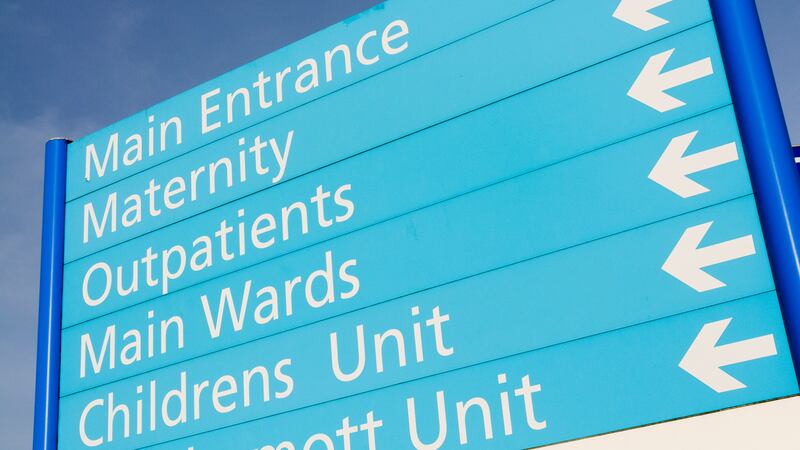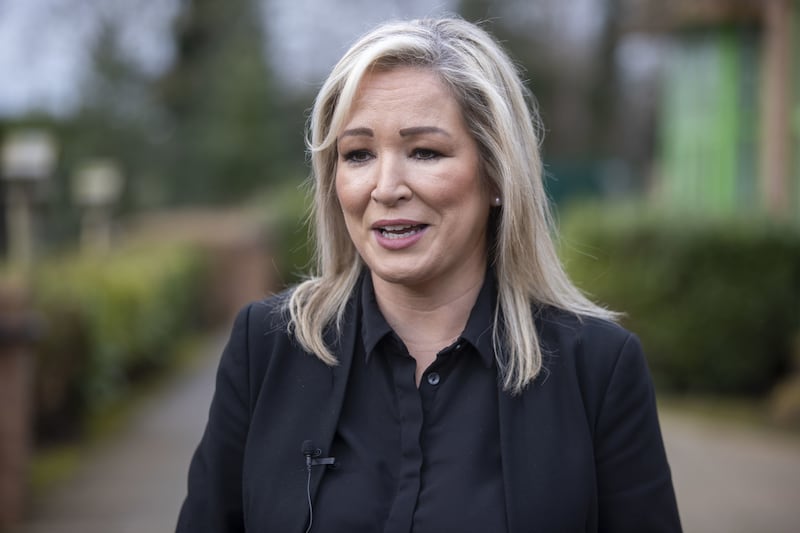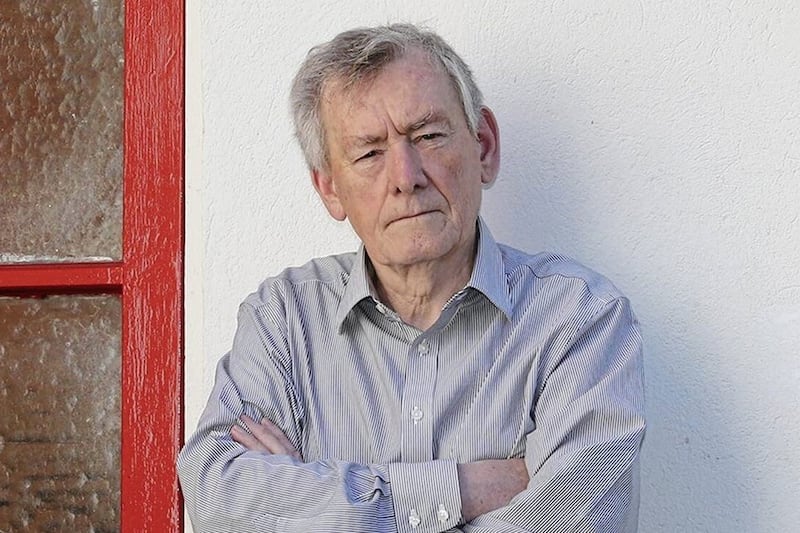After the impending elections, a ministerial Executive must be formed within weeks or another poll or crisis talks will be triggered.
These are some of the issues polarising the Democratic Unionists and Sinn Féin:
An Irish Language Act
Despite only a minority of the population speaking Irish as their main language, the law is a touchstone equality issue for Sinn Fein. It was repeatedly dismissed by the DUP during 10 years of powersharing.
In 2014, the DUP's former culture minister Gregory Campbell was barred from addressing the assembly for a day for phonetically parodying the language and failing to apologise, beginning a speech with: "Curry my yoghurt can coca coalyer". The Irish sentence "go raibh maith agat, Ceann Comhairle" translates as "thank you, speaker".
Former Sinn Féin culture minister Caral Ni Chuilin consulted on an act which would have translated Stormont business and allowed courts to conduct hearings in Irish. It foundered through lack of DUP support.
Dealing with the legacy of unresolved killings during the conflict
Thousands of murders from the 30-year conflict were due to be investigated as part of the Stormont House Agreement.
However, some nationalists have accused the British government of not meeting its transparency obligations over its role during the conflict.
Extra money for fresh inquests into controversial killings has also been withheld pending a resolution of other legacy issues following divisions between Sinn Féin and the DUP.
Many unionists doubt republicans will be equally candid about their role in the violence and see the current structures as disproportionately focusing on the state.
Stormont restructuring
DUP MP Jeffrey Donaldson has said his party might now push for a voluntary system of government at Stormont to replace the mandatory power-sharing coalition which has governed Northern Ireland for the last decade.
The system was established to prevent a sectarian carve up of power by the unionist majority and has been staunchly supported by Sinn Féin. But with the UUP and SDLP portraying themselves as an alternative to Sinn Féin and the DUP, some argue the safeguard of mandatory coalition is no longer necessary.
Sinn Féin's arguably left wing brand of economics has at times grated with the DUP's more business-focused outlook. However, the two parties agreed on issues like giving Stormont the power to cut corporation tax to encourage greater investment. On a united Ireland they are poles apart.
The parties used veto powers on a number of bills and motions during the 2011 to 2016 electoral term - including on marriage equality, and welfare reform legislation.
Gay marriage
The DUP has repeatedly vetoed efforts to legalise gay marriage in Northern Ireland. The unionist party argues that civil partnerships are already available for same sex unions and there is little appetite for change.
Sinn Féin believes Northern Ireland's position is anachronistic and points to the referendum in the Republic of Ireland which endorsed the landmark change in 2015.
In 2015, a Stormont vote in favour of same-sex marriage in Northern Ireland achieved a knife-edge majority for the first time - but it still did not go through because the motion required separate majorities of unionists and nationalists to succeed.








